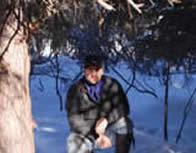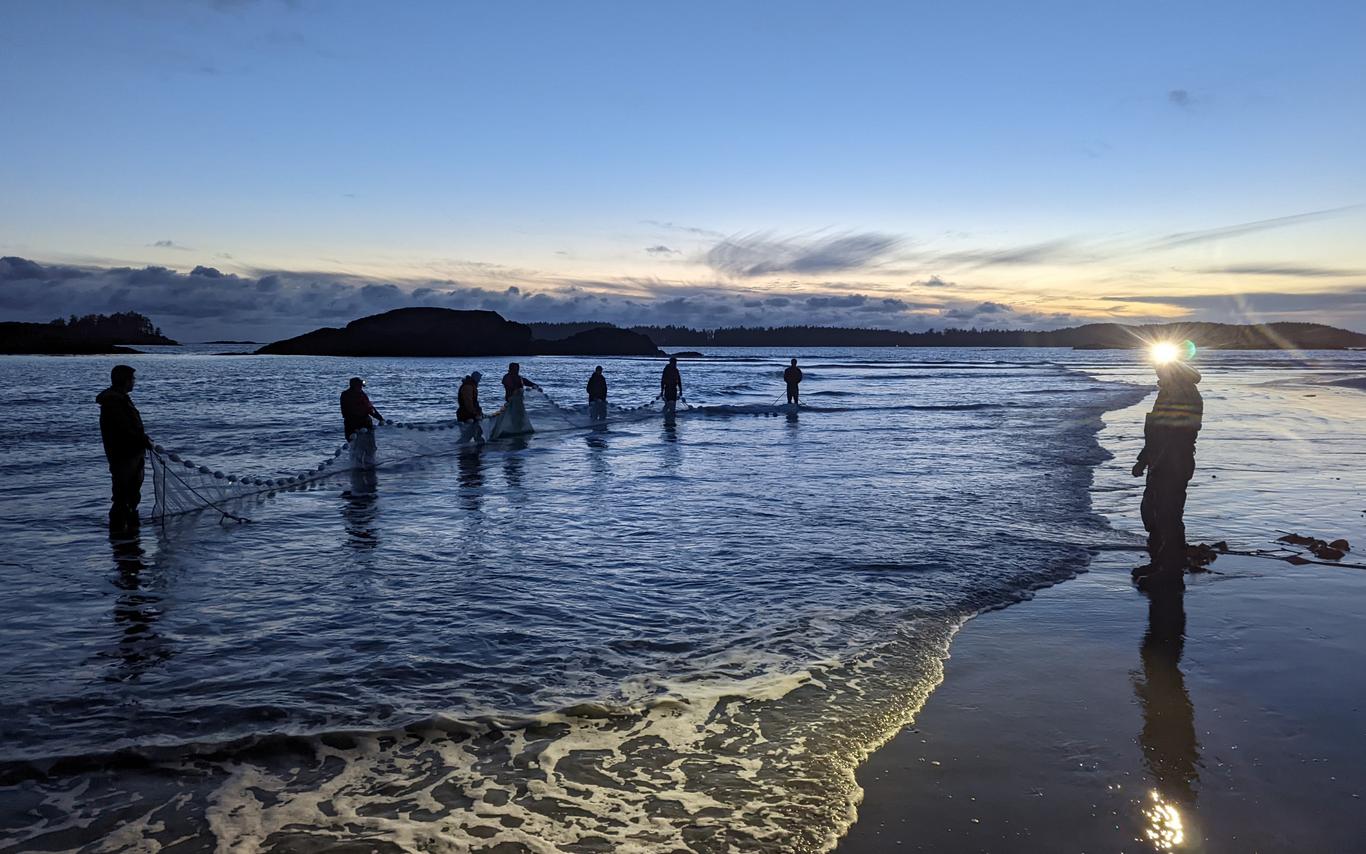
"My responsibilities under this position include on-site investigation of possible predator attack and kills of livestock, assessment of cattle producer operation, and both lethal and non lethal mitigation. In addition to the field work I am involved with presenting the WPLCCP in various areas of the province to a variety of groups, and as liaison with Ministry of Environment staff such as the Conservation Officer Service and Environmental Stewardship Division, at times working closely with local Conservation Officers is areas that are having wild predator/livestock conflicts."
"In addition the responsibility of training staff under the WPLCCP has been a large part of my role in helping expand the program, from presentations to staff regarding kill investigation and the necessary information that has to be represented, to training additional Wildlife Control staff, to also instructing through the University of Northern BC on large carnivore capture."
"Up until 2005 I was responsible for predator control in response to cattle losses under the WPLCCP for the entire mainland of BC In 2005, my area was reduced to the main land of BC excluding the Peace River Region with the addition of one WCS in that area as well as a second position posted in my area."
"Though the majority of my work is conducted in the central interior of the province, during my time as WCS I have conducted control work east to McBride, North to Pink Mountain, West to Smithers and Bella Coola and south from Lillooet to Cranbrook."
"The vast majority of files that I address involve wolves. Grizzly Bear, Black Bear and cougar are all included in our work and lend to the variety of my position,as does the huge variation of environments that I get to experience. From Grizzly Bears in the hills near Smithers, Wolves in the sage brush and cactus along the Fraser River near Lillooet or a Black Bear in the south Okanogan ---no two files are the same."
"This variation in the work applies to the people that I must interact with at the same time. I might be having a conversation with a third generation cattle producer that lives on home generated power with a radio phone one day, a Minister of Agriculture the next day, or a representative of an interest group such as “Defenders of Wildlife Canada” or President of the BC Trappers Association."
"The experience that the RMOT program provided me with was priceless in gaining the perspective and skills that have allowed me to make a living doing what I love, working with wildlife in the outdoors. From report writing, conducting an interview, public speaking and executing a presentation; I continue to draw on the experience that RMOT exposes its students to. The note book I maintain is one example and was started in RMOT and has on many occasions proved just how valuable good records of activities and statements really are".
"As with many positions RMOT students are exposed to, my position includes significant interaction with the public and private interests as we provide a service. The value of the ability to interact with these varying perspectives and achieve a conclusion that satisfies all involved is beyond measure. This “Win-Win” objective is one of many lessons that I took away from RMOT that allows me to succeed in my profession ."
"Thank you to RMOT and all-- that not only helped me benefit from the program but those that put the RMOT together, and continue to work at expanding such a great educational outlet for BC resources."
Kyle Lay
Wild Predator Loss Control and Compensation Program (WPLCCP)
Wildlife Control Specialist
